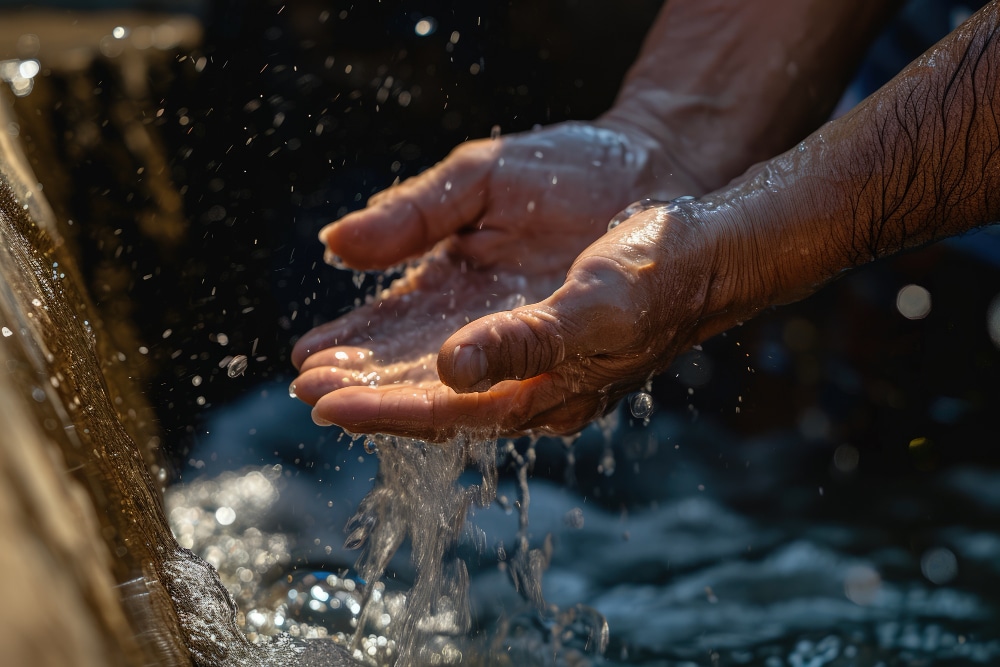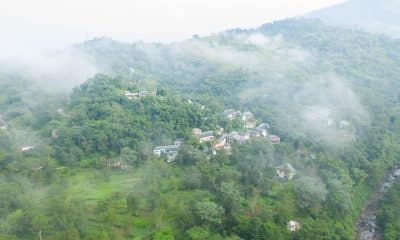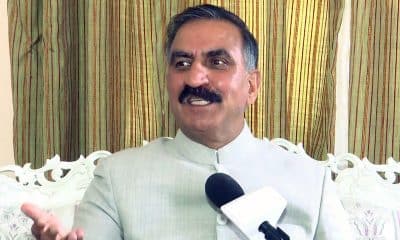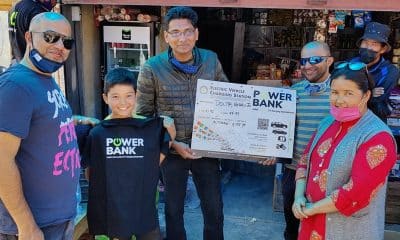Climate Change
Delhi Water Crisis: Supreme Court Directs Delhi to Approach Yamuna Board for Additional Water
Delhi’s perennial water crisis has again come under the spotlight, with the Supreme Court of India intervening to address the severe water shortage plaguing the national capital. In a recent development, the Supreme Court directed the Delhi government to approach the Upper Yamuna River Board (UYRB) to seek additional water supply for the National Capital Territory (NCT), urging the Board to decide on the request promptly.
Background and Supreme Court’s Directive
The directive comes amid ongoing water scarcity in various parts of Delhi. Initially, on June 6, the Supreme Court instructed Himachal Pradesh to release 137 cusecs of what was believed to be excess water to Delhi. However, during subsequent hearings, it became clear that Himachal Pradesh did not have this excess water available, leading to confusion and a need to reevaluate the situation.
The Delhi government’s plea highlighted the dire water situation in the NCT and requested that Himachal Pradesh release any available excess water through Haryana. A bench comprising Justices Prashant Kumar Mishra and Prasanna B Varale emphasized the issue’s complexity and sensitivity, suggesting the Upper Yamuna River Board handle it as per the agreement outlined in the 1994 MoU.
A Call for Humanitarian Consideration
The Supreme Court underscored the urgency of the matter, instructing Delhi to submit an application to the UYRB for an additional 150 cusecs of water on humanitarian grounds. The court mandated that this application be submitted by 5 PM on the same day, ensuring that the UYRB could convene a meeting to address the issue expeditiously.
Appearing for the UYRB, Additional Solicitor General Vikramjit Banerjee, along with Advocate Brijesh Kumar, reiterated that the Board was equipped to resolve the matter, indicating that the court lacked the necessary expertise to handle such technical issues.
Revisiting Previous Orders
During the June 12 hearing, the Supreme Court noted a letter from Himachal Pradesh stating that the water initially believed to be in excess was already flowing uninterruptedly. This revelation prompted the court to question the validity of Himachal Pradesh’s earlier claims, which had formed the basis of the June 6 order. The court sought clarity from the officer responsible for the data on excess water and issued a stern warning about the potential consequences of providing inaccurate information.
Faced with these inconsistencies, the court allowed Himachal Pradesh to withdraw its previous statement regarding excess water availability. The bench acknowledged that, given the new information provided by Himachal Pradesh, the basis of their interim order from June 6 no longer stood.
Delhi water crisis: Himachal tells court it doesn’t have surplus water
The Supreme Court directed the Delhi govt to approach the Upper Yamuna River Board for water supply after Himachal Pradesh stated it doesn’t have surplus water.
(@sardakanu_law)https://t.co/W4X0zbEvea
— Law Today (@LawTodayLive) June 13, 2024
Addressing the Tanker Mafia and Water Loss
During these proceedings, the Supreme Court also scrutinized the Delhi government’s efforts to combat the tanker mafia, questioning what actions had been taken to curb water loss. Senior Advocate Abhishek Manu Singhvi, representing Delhi, proposed a collaborative effort between the Delhi and Haryana Police to tackle the issue and make an example of those involved in illegal water distribution.
Abhishek Manu Singhvi further criticized the functioning of bodies like the UYRB, describing them as reduced to bureaucratic entities and urging the court to consider establishing a supervisory committee to monitor Delhi’s water supply. He also countered Haryana’s claim that Delhi’s water loss rate was 52%, pointing out that many Indian cities, including Gurugram, have significant water losses.
As the Delhi government navigates the complex web of inter-state water agreements and local distribution challenges, the ultimate goal remains to ensure a stable and sufficient water supply for the national capital’s residents. The coming days will reveal how effectively the Upper Yamuna River Board addresses Delhi’s plea and whether the coordinated efforts of various state authorities can alleviate the water woes of one of India’s most populous cities.









































